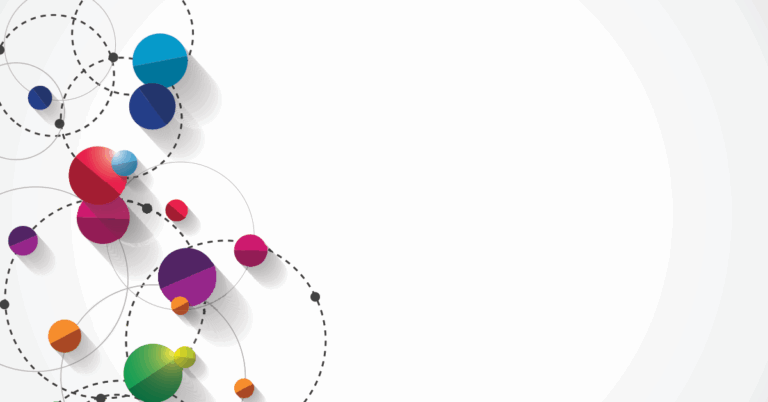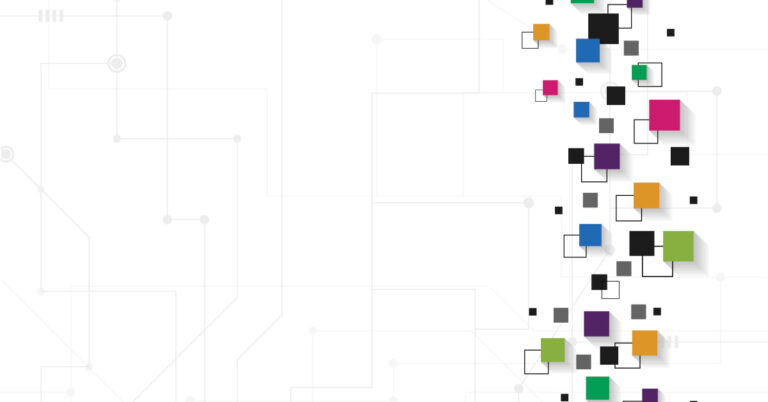Claude’s Secret Agents
I’ll often ask one Claude session to be the coordinator so he can stay on top of the big picture, track the other sessions’ work, and answer questions they might have. The term was Claude’s idea. No matter what words or phrasing I used, he’d always refer to himself as “the coordinator.” I finally decided that as a servant leader I should support him, so coordinator it was.
This approach is fantastic for large and/or complicated efforts. Coordinator Claude has a deep understanding of what we need to do and why, so I don’t have to explain what we’re doing over and over. The other Claudes don’t have full context, but thanks to their trusty coordinator they have all the information they need to do their tasks. The coordinator watches the session notes and git commits to make sure the other Claudes stay on track, and if they discover something unexpected he’ll have the team adjust.
Depending on the scenario and the coordinator’s mood, he might put task assignments in our session notes. Or we might track tasks in issues—we initially used GitHub, and recently switched to Linear, which I’m much happier with. (Claude is a true team player and will happily use either, but I think he secretly prefers Linear.) When we’re working on multiple files he’ll split them into batches, like he’ll group tests with similar errors for efficiency.
Obviously I’m involved too: someone’s got to pass the coordinator’s instructions on to each session, then watch while the Claudes do all the work. 🙂
I’ve only used the Task tool once so far, and that was by accident. We were working through a complex design, and I told Claude D once he was done I’d have sessions F and H review it. After a while I thought: why is it taking him so long to finish the design doc? When I asked, he said sessions F and H had completed their reviews! Which they obviously had not, they were sitting there (figuratively) waiting for me to tell them the design was ready.
Turned out Claude D had spun up two agents with the Task tool, and they’d reviewed the design. I gave the design to the real F and H and compared the 4 reviews. The agents had done a thorough job, but what they provided was noticeably different from the interactive sessions. I asked Claude why. He said agents tend to be more cautious and conservative than he is because they’re not interactive; Claude gives an agent instructions, it works autonomously, and when it’s done it’s done. If an agent finds an issue it can’t discuss options with the user, nor with Claude himself; it will instead make its best guess and continue on with its task.
If you have tasks that don’t require back-and-forth discussion this is an excellent approach, but if you need interactivity it’s not. I generally prefer interacting with Claude, but as our app gets more robust, I’ll be experimenting with the agent approach.







